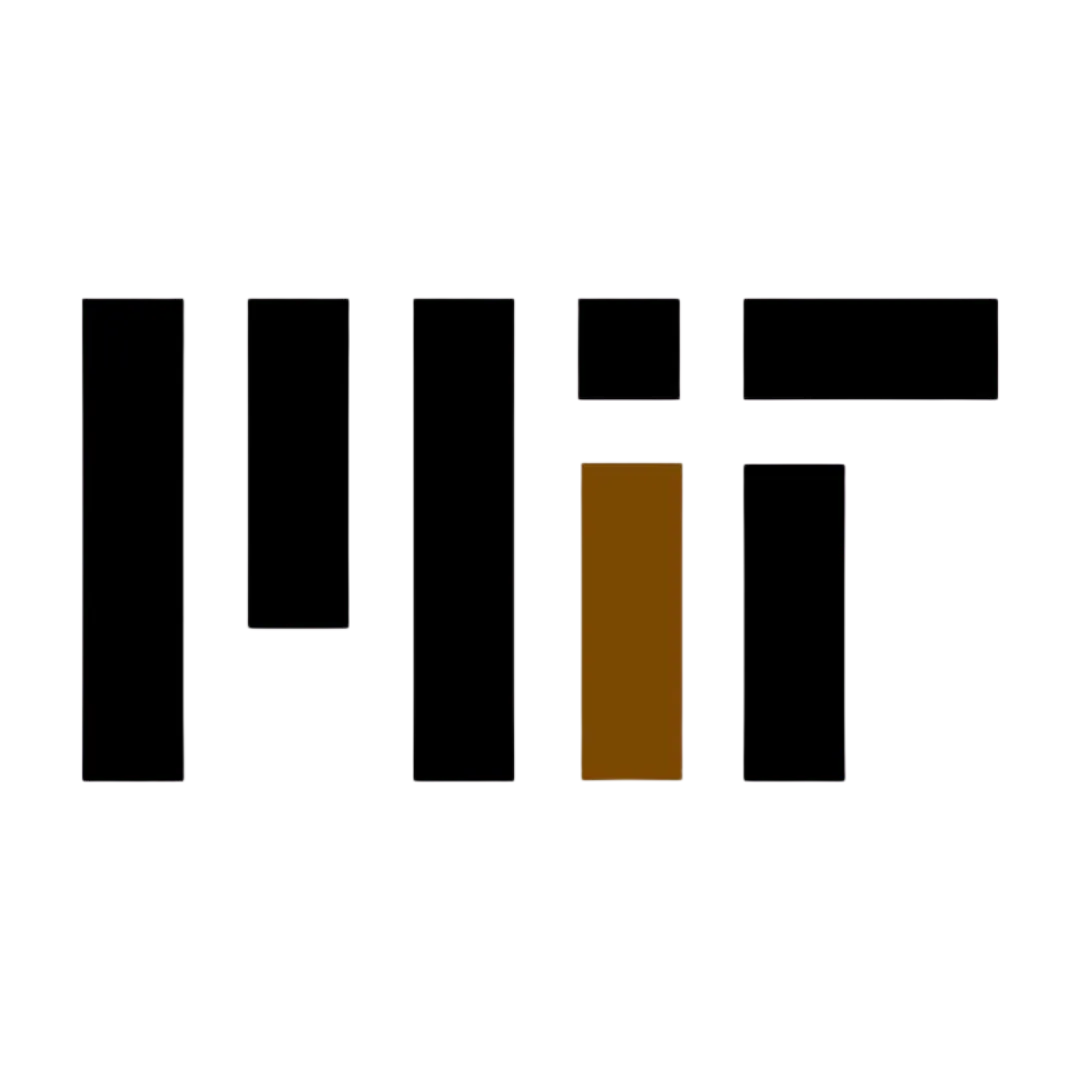
Code.org
General Summary
- Free, comprehensive K-12 computer science curriculum
- Interactive, game-like coding lessons with popular themes (Minecraft, Star Wars, etc.)
- Progression from visual block-based to text-based programming
- Low parent involvement required with self-guided learning experience
Accessibility: Free Quality Coding Education
Parents consistently praise Code.org's commitment to making coding education available to everyone:
"All courses and resources provided by Code.org are completely free, making it an exceptionally cost-effective option for homeschooling families."
Modulo Review
"Unlike many other platforms, Code.org is completely free with no paid upgrades, no 'pro' accounts, and no data collection schemes."
EdSurge News
Beginner-Friendly: Gentle Introduction to Coding
Many parents appreciate how Code.org introduces coding concepts in an approachable way:
"Code.org lessons are a perfect start for young kids to know computer science and cultivate their interest. The lessons are specifically designed not to make them feel overwhelmed at the initial stage."
The Coding Fun
"Code.org is instant gratification for kids, which is why they like it! Kids can immediately see cool results from the code they create, making it feel like play."
Simply C0ding
Engagement: Fun Learning That Motivates
The platform's ability to make coding enjoyable receives significant praise:
"My kiddo loves it and looks forward to playing on it. I love that they are learning so much, and that they think it's a game!"
Jules, Parent via App Store
"Code.org is designed to be flexible and user-friendly, requiring minimal preparation from parents. Most activities are 'open and go'..."
Modulo Review
Parent-Friendly: No Coding Experience Required
Parents without technical backgrounds find Code.org particularly helpful:
"It's an AMAZING resource/tool! One of the best things about the curriculum is that you don't HAVE to know anything about CS to teach it!"
Teacher-Turned-Homeschool-Mom via Code.org Forum
"Even for parents without prior coding experience, there is no worry – you can learn together with your kids and enjoy the fun of coding."
The Coding Fun
Self-Guided Learning: Independence and Progress
Many parents value how Code.org promotes independent learning:
"My 7th-grade son does math independently. If I notice he did a lesson several times, I open up the worksheets to see what he got wrong."
Homeschool Mom via The Secret Life of Homeschoolers
"I'm a homeschool mom and my 9-year-old son is zipping through the CS Fundamentals course. He's loving this!"
Homeschool Mom via Code.org Forum
Limitations: Depth and Progression
Some parents note limitations for advanced learners:
"The downfall is that you cannot go further than this, thus progression stops for the child and creates boredom. Just dragging and dropping blocks is simply not going to cut it for kids once they crave more freedom to create."
Simply C0ding
"My kids both got bored somewhere in grade 3 and 4 as the exercises got somewhat repetitive. It was good while it lasted, though..."
Parent via Davidson Gifted Forum
Support Challenges: Self-Directed Troubleshooting
Some parents mention challenges with getting help when stuck:
"Because it is a non-profit there is no customer support, which can lead to a first-time frustrating experience for some. The child is on their own. So parents just be aware of that."
Simply C0ding
"Navigation can be overwhelming for first-time users due to the sheer volume of available resources."
Modulo Review
Who Thrives With Code.org?
Well-Suited For:
- Beginners with no prior coding experience
- Visual learners who enjoy game-like learning experiences
- Self-motivated students who can follow lessons independently
- Budget-conscious families seeking quality free resources
- Students who enjoy gradual progress with immediate feedback
Consider Alternatives If:
- Your child already has coding experience and needs more advanced challenges
- You're looking for a curriculum with more direct text-based coding
- Your child gets easily frustrated without immediate help
- You want a program with live teaching or support
- You prefer a more structured, sequential curriculum with formal assessments
Our Bottom Line
Code.org offers an exceptional free introduction to computer science that makes coding accessible and enjoyable for students of all ages. Its strengths lie in its engaging, game-like approach, comprehensive K-12 coverage, and low barrier to entry for both students and parents. While advanced students may eventually outgrow its block-based approach, and the self-guided nature can occasionally lead to frustration, Code.org remains one of the most highly recommended starting points for coding education. Most families use it as a foundational curriculum before transitioning to more advanced programming environments as students' skills develop.
Subjects covered
Core subjects: Computer Science, Programming Fundamentals, Creative Coding (Games & Art), Web Development, Real Programming Languages (JavaScript, CSS, HTML), Advanced CS Topics (AP Computer Science Principles, AI, Data Science)
Special emphasis: Block-based coding for beginners, AP-level Java course, hands-on unplugged activities, inclusivity for all students, and engagement through game-like puzzles and popular themes
Teaching Format
Online delivery: Web-based platform accessible from any internet-connected device
Blended learning format: Combines online interactivity with optional offline activities
Interactive lessons: Game-like coding lessons with video tutorials followed by interactive puzzles
Assessment approach: Immediate feedback from online puzzles; hints available for problem-solving
Implementation flexibility: Suitable for classroom settings or independent learning; designed to be “open-and-go” for minimal setup
Unplugged activities: Hands-on, offline exercises that require no computer, fostering teamwork and problem-solving
Teacher/parent support: Provides lesson plans and community forums for guidance
Pricing
Pricing: http://code.org/ is completely free to use for everyone.
All courses, materials, and tools: Offered at no cost – no subscriptions, no licenses to buy, and no in-app purchases.
Funding: The organization is funded by donations and corporate sponsors (tech companies and philanthropists).
Accessibility: Curriculum is openly licensed, meaning educators can use and adapt the content freely for non-commercial purposes.
Hour of Code tutorials: Also free, along with teacher training workshops.
Parent Involvement
Low to Moderate involvement required
Daily responsibilities: Minimal daily oversight needed, especially for older kids; younger children may require more supervision
Preparation: Some setup required (creating accounts, guiding younger kids), but minimal lesson planning needed
Teaching requirements: Parents don’t need to be coding experts; the platform is designed to be user-friendly and self-guided
Assessment duties: Parents can monitor progress through the teacher dashboard, but direct grading is not required
.webp)


